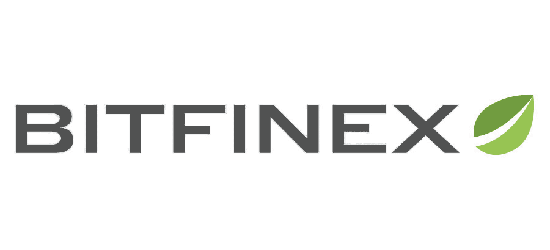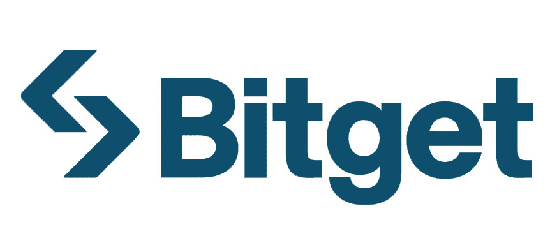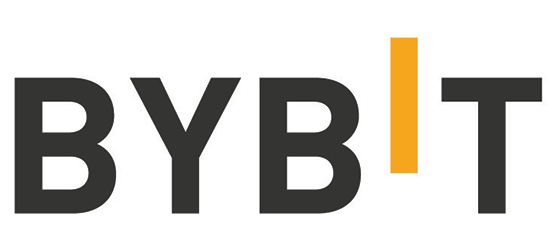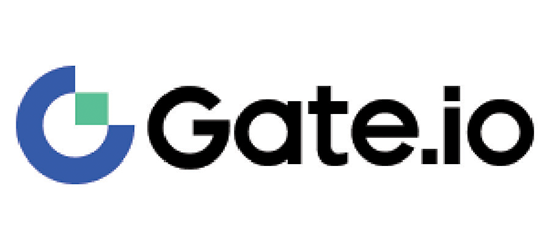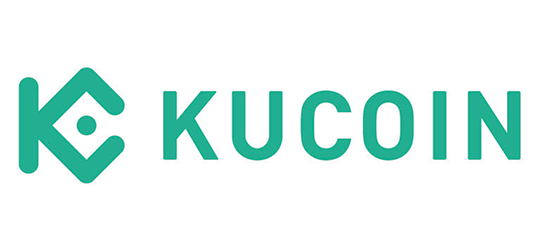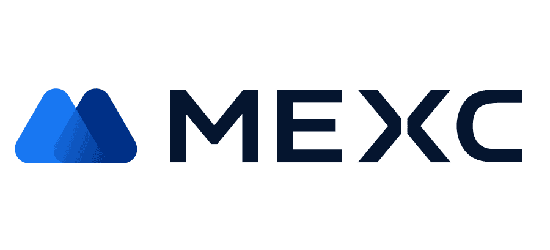
Polygon Expands Scalability with zkEVM Mainnet and Teases Community Airdrop
Polygon zkEVM has recently launched its mainnet. This development has sparked speculation among the Polygon community, as co-founder Sandeep Nailwal hinted on Twitter about a potential airdrop for users.
The anticipated airdrop is expected to reward early supporters of the zkEVM infrastructure during its initial launch phase. Nailwal previously teased the possibility of distributing a portion of the MATIC tokens held in the Polygon Treasury. While it remains uncertain whether the airdrop will consist solely of MATIC or introduce a new token, early adopters can look forward to benefiting from this initiative.
To participate in this potential airdrop, users are encouraged to engage with the Polygon zkEVM network and explore its features. Here's a step-by-step guide to get started:
- Visit the Polygon zkEVM homepage and click on "Add zkEVM network" to integrate Polygon zkEVM with your wallet.
- Ensure you have some ETH in your wallet to cover the transaction fees.
- Utilize the bridge to transfer ETH from the Ethereum network to Polygon zkEVM.
- For those with funds on the Ethereum network, you can conveniently bridge ETH from Ethereum to Polygon zkEVM using the Native Bridge. Alternatively, if you hold funds on Arbitrum or encounter high gas fees, Polygon recommends using third-party bridges like Orbiter Finance to facilitate the transfer.
- Explore the diverse range of decentralized applications (dApps) available on the Polygon zkEVM network. This not only enhances your experience but also increases your chances of being eligible for the potential airdrop.
Polygon zkEVM serves as a decentralized Layer 2 scalability solution for Ethereum, leveraging cryptographic zero-knowledge proofs, specifically ZK-Rollup, to deliver efficiency and speedy finality to off-chain transaction computation. In simpler terms, transactions are grouped and sent to Ethereum in batches for approval on the main chain. By conducting transactions off-chain while still utilizing Ethereum's infrastructure, zkEVM achieves high transaction throughput.
The validity proof, provided by Ethereum, ensures the authenticity of transactions following deployment of the zk roll up with cryptographic proof. Notably, Polygon's zkEVM possesses Ethereum equivalence, allowing the execution of its bytecode on both layer 1 and layer 2.
Developers and users on Polygon zkEVM can seamlessly utilize the same code, tools, and dApps they are accustomed to on Ethereum, but with significantly improved scalability and lower fees.
Polygon has garnered substantial support from prominent venture capitalists such as Sequoia Capital, Animoca Brands, and DragonFly Capital, who have collectively invested $451 million.











